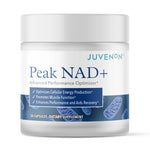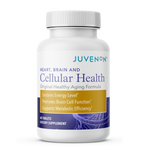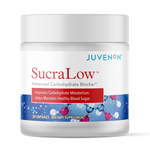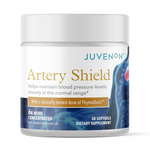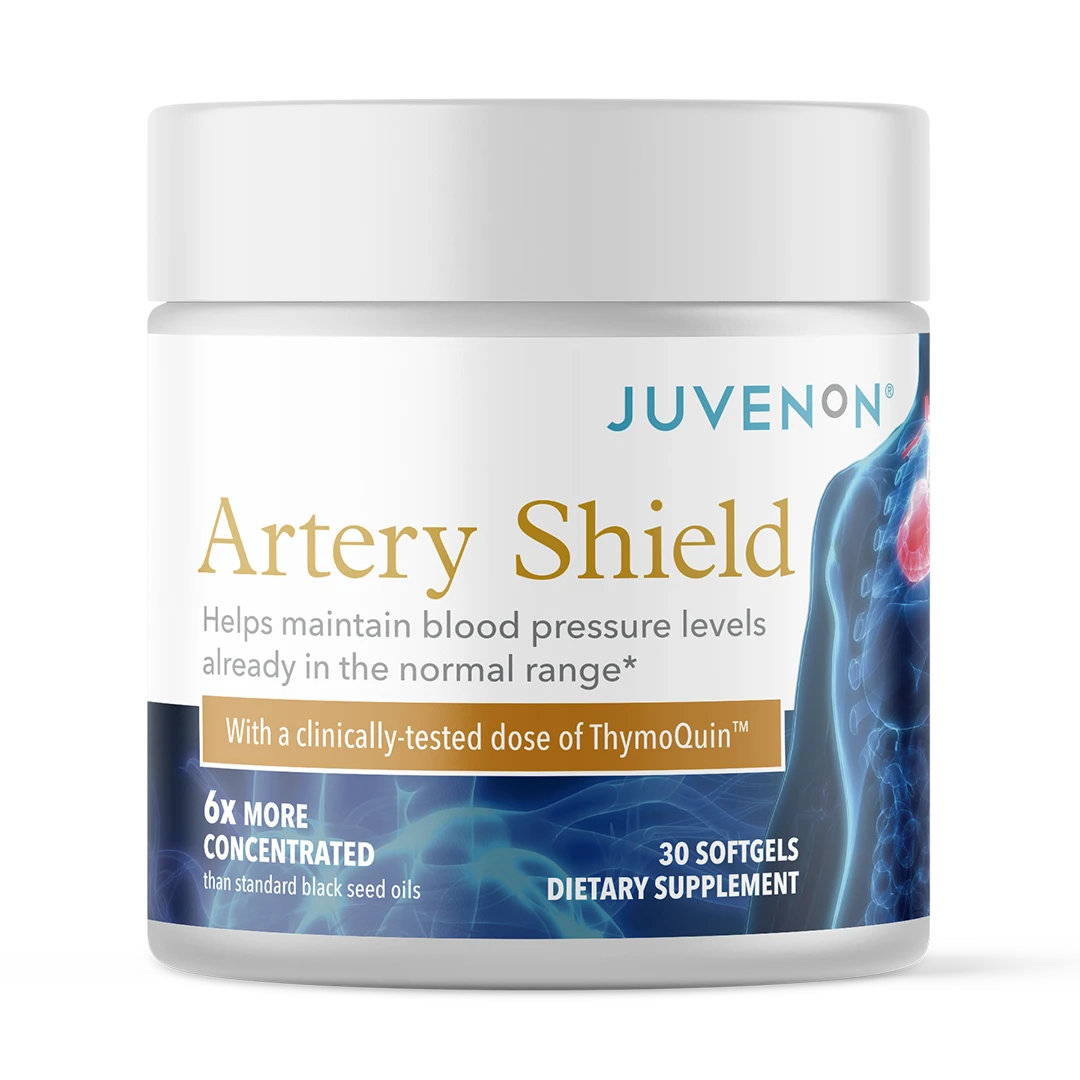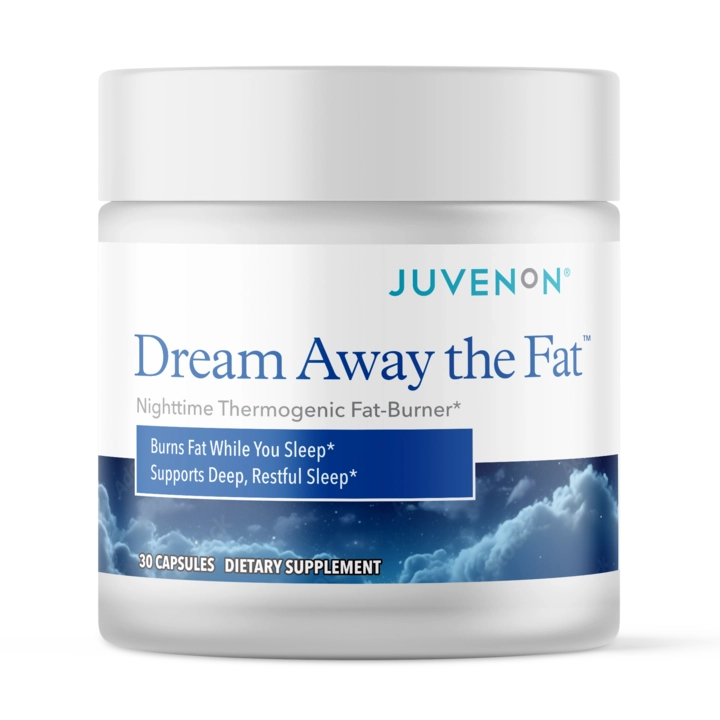
Learning how to boost immune system function naturally becomes crucial as we age, since our body's defense mechanisms gradually weaken over time. Research shows that simple lifestyle changes can significantly strengthen your immunity without relying on quick fixes or unproven supplements.
Quick Answer: Evidence-Based Ways to Boost Your Immune System:
- Get 7-9 hours of quality sleep - Adults sleeping less than 6 hours are more likely to catch colds
- Exercise 150 minutes weekly - Reduces flu and pneumonia death risk by 50%
- Eat 5-9 servings of fruits and vegetables daily - Provides essential vitamins C, A, and antioxidants
- Maintain a healthy weight - Obesity impairs immune function and vaccine effectiveness
- Limit added sugar to under 25g daily - Reduces inflammation markers
- Stay hydrated - Keeps immune cells functioning optimally
- Manage stress through meditation or yoga - Chronic stress weakens immune response
- Avoid smoking and limit alcohol - Both suppress immune function over time
Your immune system works like a sophisticated security system, constantly patrolling for threats while repairing damage. But unlike a simple alarm system, your immunity involves complex interactions between white blood cells, antibodies, and specialized organs that must maintain perfect balance.
The challenge for adults over 40 is that multiple factors conspire against optimal immune function. Age-related changes, accumulated stress, poor sleep habits, and nutrient deficiencies all contribute to a sluggish immune response. However, decades of research reveal that targeted lifestyle interventions can dramatically improve your body's natural defenses.

What the Immune System Does and Why It Weakens
Your immune system operates like a sophisticated army with two main divisions. Your innate immunity acts like front-line soldiers - first responders who jump into action when any threat appears. Your adaptive immunity works like elite special forces, creating targeted strategies and remembering enemies for future battles.
White blood cells patrol your body like security guards, constantly scanning for trouble. Your antibodies work as the intelligence unit, keeping detailed records of every threat so they can respond faster if that enemy returns.
Inflammation needs to walk a tightrope. Acute inflammation helps fight problems by sending reinforcements. But chronic, low-level inflammation ("inflammaging") actually works against you, slowly wearing down your defenses over time.
As we age, our immune system naturally slows down. Your thymus gland, which produces crucial T-cells, begins shrinking and produces fewer immune warriors.
Obesity creates serious roadblocks. Research involving over 500,000 adults shows that when your BMI hits 30 or higher, immune cells struggle to function properly. You're twice as likely to catch flu even after vaccination because excess weight interferes with vaccine effectiveness.
Smoking and excessive alcohol are like saboteurs. Smoking damages respiratory barriers, while chronic alcohol use weakens your entire immune system by interfering with white blood cell production.
How infections trigger your defenses
When pathogens sneak past your first defenses, your body launches a coordinated response. Specialized cells release cytokines - chemical alarm bells that alert the entire immune system and call for backup.
This process creates memory cells - cellular librarians that keep detailed records of every threat. That's why you typically don't get the same flu strain twice and why vaccines work so effectively.
Warning signs of a sluggish immunity
Frequent colds or infections (more than 2-3 times yearly), slow wound healing, persistent fatigue, digestive issues (since 70% of immunity lives in your gut), and recurring skin problems all suggest your defenses need support.
How to Boost Immune System: Core Lifestyle Pillars
Your immune system is like a garden requiring consistent care. The most effective approach to how to boost immune system function focuses on four foundational pillars: physical activity, nutrition quality, restorative sleep, and stress management.
Scientific research on exercise & immunity shows that adults meeting both aerobic and muscle-strengthening guidelines are 50% less likely to die from flu and pneumonia compared to sedentary people.
Nutrition fundamentals—how to boost immune system with daily meals
Your immune system needs quality raw materials to produce infection-fighting weapons. Whole foods over processed options provide real nutrition your immune cells recognize.
Fruits and vegetables (5-9 servings daily) flood your body with vitamin C, beta-carotene, and antioxidants. Lean proteins supply amino acids for antibody construction. Whole grains provide B vitamins and fiber supporting gut health. Hydration keeps immune cells patrolling effectively.
Movement medicine—how to boost immune system through exercise
The CDC recommends 150 minutes of moderate-intensity aerobic activity plus two days of muscle-strengthening exercises weekly. Consistency matters more than intensity - moderate exercise boosts immunity while excessive training can suppress it.
Regular exercise increases antibody and white blood cell production, improves circulation for immune cell travel, and may flush bacteria from lungs and airways.
Sleep, stress & mindfulness hacks
Adults sleeping fewer than 6 hours nightly are significantly more likely to catch colds. The optimal 7-9 hours gives your body time to produce infection-fighting cells.
Chronic stress keeps cortisol levels liftd, acting like an emergency brake on immune function. Meditation (even 10 minutes daily) lowers stress hormones. Breathing exercises reset your nervous system, while yoga combines movement, mindfulness, and stress relief.
Cut the culprits: tobacco & excess alcohol
Smoking damages respiratory defenses and impairs white blood cell function. Alcohol moderation is key - excessive consumption weakens immunity and increases infection risk. Your immune system starts recovering relatively quickly when you eliminate these saboteurs.
Immune-Power Foods, Vitamins & Minerals
Certain nutrients act like octane boosters for your body's natural defenses. Vitamin C (200mg+ daily) can shorten cold duration by 8%. Red bell peppers contain almost three times more vitamin C than oranges.
Vitamin D (1,000-2,000 IU daily) may reduce respiratory infection risk. Zinc supports white blood cell development, but balance matters - over 40mg daily can backfire. Selenium from Brazil nuts (just two provide daily requirements) supports antioxidant enzymes.
Vitamin A from colorful foods maintains mucous membrane integrity. Omega-3 fatty acids help resolve inflammation appropriately.
Special foods deserve recognition: Fermented foods provide beneficial probiotics. Garlic contains immune-supporting sulfur compounds. Berries pack protective antioxidants. Mushrooms like shiitake contain immune-regulating compounds.


Daily meal plan: how to boost immune system with food
Start mornings with Greek yogurt topped with berries and almonds for probiotics, vitamin C, and vitamin E. Try spinach and mushroom omelets for vitamin A and selenium, or oatmeal with kiwi and walnuts for fiber, vitamin C, and omega-3s.
Midday options include salmon salad with colorful bell peppers for omega-3s and vitamin C, or lentil soup with garlic and ginger for plant protein and anti-inflammatory compounds.
Evening meals like grilled chicken with sweet potatoes and broccoli provide complete protein, beta-carotene, and vitamin C. Baked cod with quinoa and asparagus offers lean protein and folate.
Smart snacks: Apple slices with almond butter, carrot sticks with hummus, or green tea with Brazil nuts keep nutrient intake steady throughout the day.
Supplements & "Superfoods": Separating Hype from Science
Most dietary supplements only provide benefits if you already have a nutrient deficiency. If you're eating a balanced diet, expensive immune-boosting powders might just create expensive urine.
Probiotics show genuine promise, particularly Bifidobacterium animalis strains. Elderberry might reduce cold duration, but raw elderberries must be cooked to destroy toxic compounds. Echinacea research shows mixed results due to different species and doses studied.
Green tea catechins demonstrate antiviral properties in laboratory studies, but human research remains limited. N-acetylcysteine (NAC) and glutamine show potential during physical stress but need more human research.
Scientific research on supplement myths reveals that vaccinations remain the most effective "supplement" for immune defense against specific diseases.
Safe supplement strategy: how to boost immune system wisely
Address deficiencies first through blood work. Choose third-party tested products with USP, NSF, or ConsumerLab verification. More isn't always better - many nutrients have upper safety limits. Consult healthcare providers before starting supplements, especially with medications or health conditions.
Focus on quality over quantity. Most people benefit more from addressing basic lifestyle factors than loading up on exotic superfoods. The most effective nutrients typically come from whole food sources your body recognizes and uses efficiently.
Special Populations & Preventive Tools
Older adults face unique challenges as the thymus gland shrinks and produces fewer T-cells. Micronutrient malnutrition is common even among well-off adults over 65, making high-quality multivitamins potentially beneficial.
Children need varied nutrition, 8-14 hours of sleep (depending on age), and age-appropriate physical activity. Avoid unnecessary food restrictions during crucial growing years.
Chronic conditions like diabetes or heart disease impair immune function and increase infection risk, making lifestyle factors even more important.

Vaccines: training your immune army
Vaccines work by showing your immune system what specific threats look like without causing actual illness. They create the same memory cells that natural infection would produce, but safely.
Annual flu vaccines significantly reduce illness and death rates, especially for older adults. COVID-19 vaccines and boosters work on the same principle. When enough people get vaccinated, it creates herd immunity that protects vulnerable community members.
Ageing gracefully: nutrient needs after 50
Protein requirements increase with age to maintain muscle mass and immune cell production. Vitamin D needs go up due to reduced skin efficiency and absorption. Vitamin B12 absorption decreases due to stomach acid changes. Calcium and magnesium become more critical for bone health and metabolic function.
Focus on nutrient-dense foods and consider targeted supplementation based on individual needs and blood work results.
Frequently Asked Questions about Boosting Immunity
Do I really need supplements if I eat well?
If you're eating a varied, nutrient-dense diet, you're doing the most important work for how to boost immune system function. However, even excellent diets sometimes have gaps.
Vitamin D deficiency affects nearly half of all adults, especially in northern climates. Older adults over 50 often benefit from targeted supplementation due to decreased absorption efficiency. Restrictive diets may require specific nutrients that are harder to obtain.
Get blood work to identify actual deficiencies rather than guessing. Test for vitamin D, B12, iron, and other key nutrients.
How quickly can lifestyle changes improve immunity?
Within days to weeks: Better sleep boosts natural killer cell activity almost immediately. Stress reduction through meditation drops cortisol levels quickly. Increased fruits and vegetables provide immediate antioxidant benefits.
Within months: Regular exercise creates lasting immune improvements. Weight loss reduces chronic inflammation. Former smokers see respiratory defense recovery.
Long-term benefits: Healthy habits create cumulative improvements that compound over years. Consistency pays off more than intensity.
Can I "over-boost" my immune system and cause harm?
Your immune system needs balance, not just amplification. It's like a sophisticated orchestra requiring harmony, not just volume.
Autoimmune reactions occur when immunity attacks healthy tissues. Chronic inflammation weakens defenses over time. Cytokine storms show how immune overreaction can cause more damage than the original threat.
Evidence-based approaches focus on supporting natural balance through nutrition, sleep, exercise, and stress management rather than indiscriminately revving everything up.
Conclusion
Learning how to boost immune system function naturally isn't about chasing health fads or miracle cures. It's about understanding what your body needs and providing consistent, science-backed support that builds stronger defenses over time.
The research paints a clear picture: regular exercise reduces flu and pneumonia deaths by 50%, quality sleep cuts cold risk dramatically, and nutrient-dense foods provide the raw materials your immune cells need to function optimally.

At Juvenon, we understand that true health comes from supporting your body's natural processes. Our scientifically formulated supplements fill the gaps that even the best diets sometimes leave behind, especially as nutritional needs evolve with age.
Natural immune support gets easier over time. Better sleep provides energy for exercise. Regular exercise improves stress management. Good stress management leads to better food choices. It's a positive spiral that builds momentum.
Start where you are - maybe adding one extra serving of colorful vegetables tonight or setting a consistent bedtime this week. Small, sustainable changes create the foundation for lasting immune health.
Your immune system has been your faithful guardian since birth. By supporting it with evidence-based strategies and quality nutrition, you're investing in vibrant energy, mental clarity, and confidence that your body is prepared for whatever life brings.
Ready to take your immune health to the next level? Explore our cellular health formulas designed for healthy aging and immune support. With our 60-day money-back guarantee, you can experience the difference that scientifically backed nutrition makes in your daily vitality and long-term wellness journey.







